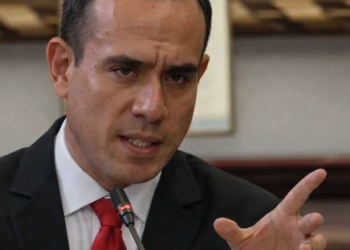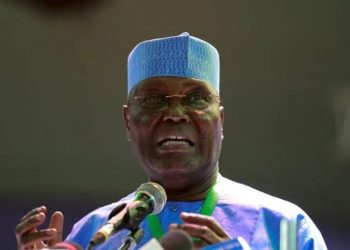Nigeria’s ruling party, the All Progressives Congress (APC), has a new National Chairman. Nentawe Yilwatda, the current Minister of Humanitarian Affairs and Poverty Reduction, emerged as APC National Chairman after he was nominated and confirmed during the party’s National Executive Committee (NEC) meeting in Abuja on Thursday.
The move comes as the APC struggles to maintain a firm grip on power at the federal level, with recent political tensions and shifting party loyalties in some states.
How Yilwatda Emerged as APC National Chairman
Governor Hope Uzodimma, who also chairs the Progressive Governors’ Forum, formally nominated Yilwatda for the role. The nomination was seconded by Speaker of the House of Representatives, Abbas Tajudeen.
After the nomination was put to a voice vote, members of the NEC present at the meeting voted in favour, officially making Yilwatda the APC National Chairman.

Yilwatda Replaces Ganduje as APC National Chairman
Yilwatda is stepping into the shoes of Abdullahi Ganduje, who resigned in June for what he described as “personal reasons.” The 56-year-old now takes on the task of leading the APC as it prepares for future elections and political realignment across the country.
This is not just a routine appointment. It comes at a crucial time for the APC, as the party needs strong leadership to address internal challenges and sustain public trust.
What This Means for the APC
With his appointment as APC National Chairman, Yilwatda now faces the pressure of proving that he’s more than a placeholder. The APC needs him to unify the party, calm internal factions, and reassure states that recently joined the party.
While his supporters argue that he has the political skill and loyalty to steer the APC forward, others within the party are waiting to see if he will bring any real change or just continue business as usual.
Yilwatda Emerges APC National Chairman at a Tense Political Moment
At a time when the APC is struggling to maintain stability, Yilwatda’s emergence as APC National Chairman could either revive party morale or deepen its troubles, depending on how he manages the weight of his new position.

















